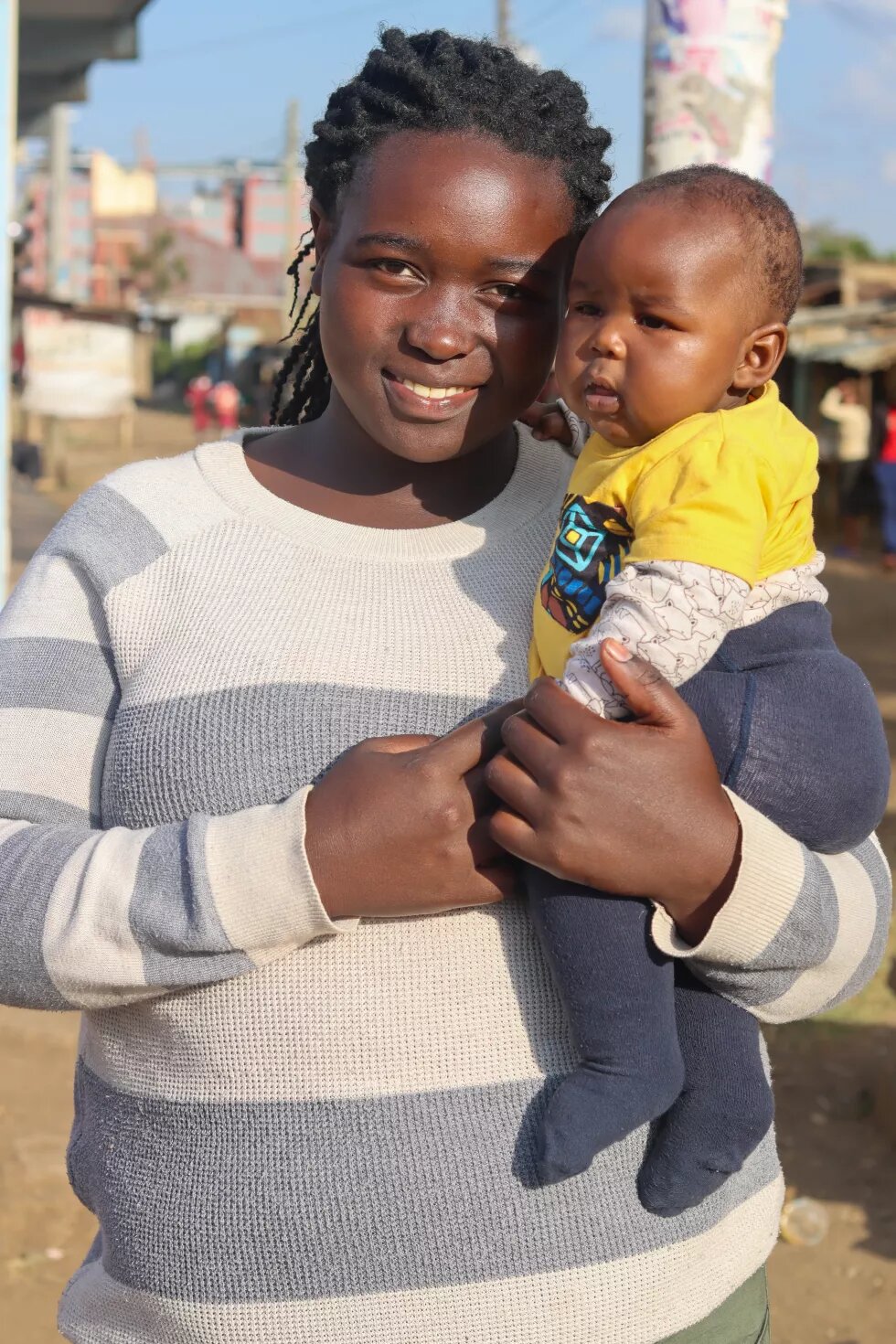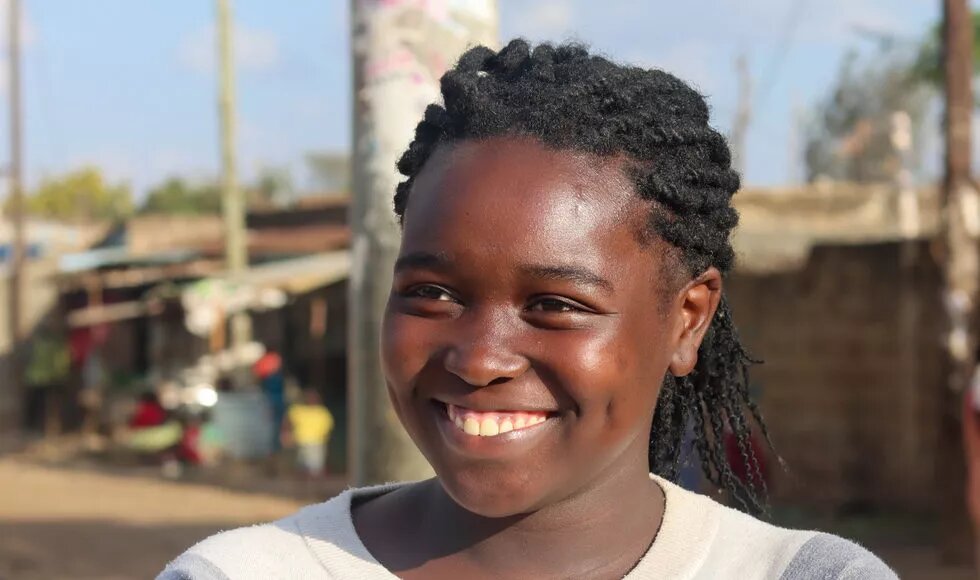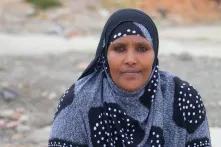

I was born in Butere, Western. My parents moved to look for employment. We moved to the city and settled at Bottom Line; then we moved to Gichagi then to Kangemi. I live in Kangemi informal settlement, Kaptagat. (We moved within Nairobi looking for affordable rent). The houses are made of iron sheets.
At Bottom Line water was expensive and there was noise pollution from the road. Farmers in Kangemi move there to access water for farming and fertile land. There are young girls from Kangemi who go to the Middle East to look for employment and end up getting abused.
When displacement occurs, men lose property and have to start from scratch. Women who have been married have to start life again away from home and their communities, they have to get used to new people and environments.
Road construction in the area where I live has affected sanitation. Sewerage lines burst through the residential area making the living conditions unsanitary. Residents in the area rely on paid public toilets that are not accessible at night. Water is in short supply. It comes once in a week at expensive rates, which is especially burdensome for people living with families.
Access to food has been hard. The price of common foods like Unga [maize flour] has gone up while incomes have gone down. My family has had to get maize from home.
Kenya Peasants League Kangemi cluster engages schools and community members to create kitchen gardens like sub and hanging gardens so that people do not have to buy vegetables from the market. We would like to be provided with water tanks for schools because water is short; people should be trained to harvest water.
-----
This testimony is part of the Dossier Urban Displacement. Forced Evictions: Stories from the Frontline in African Cities


